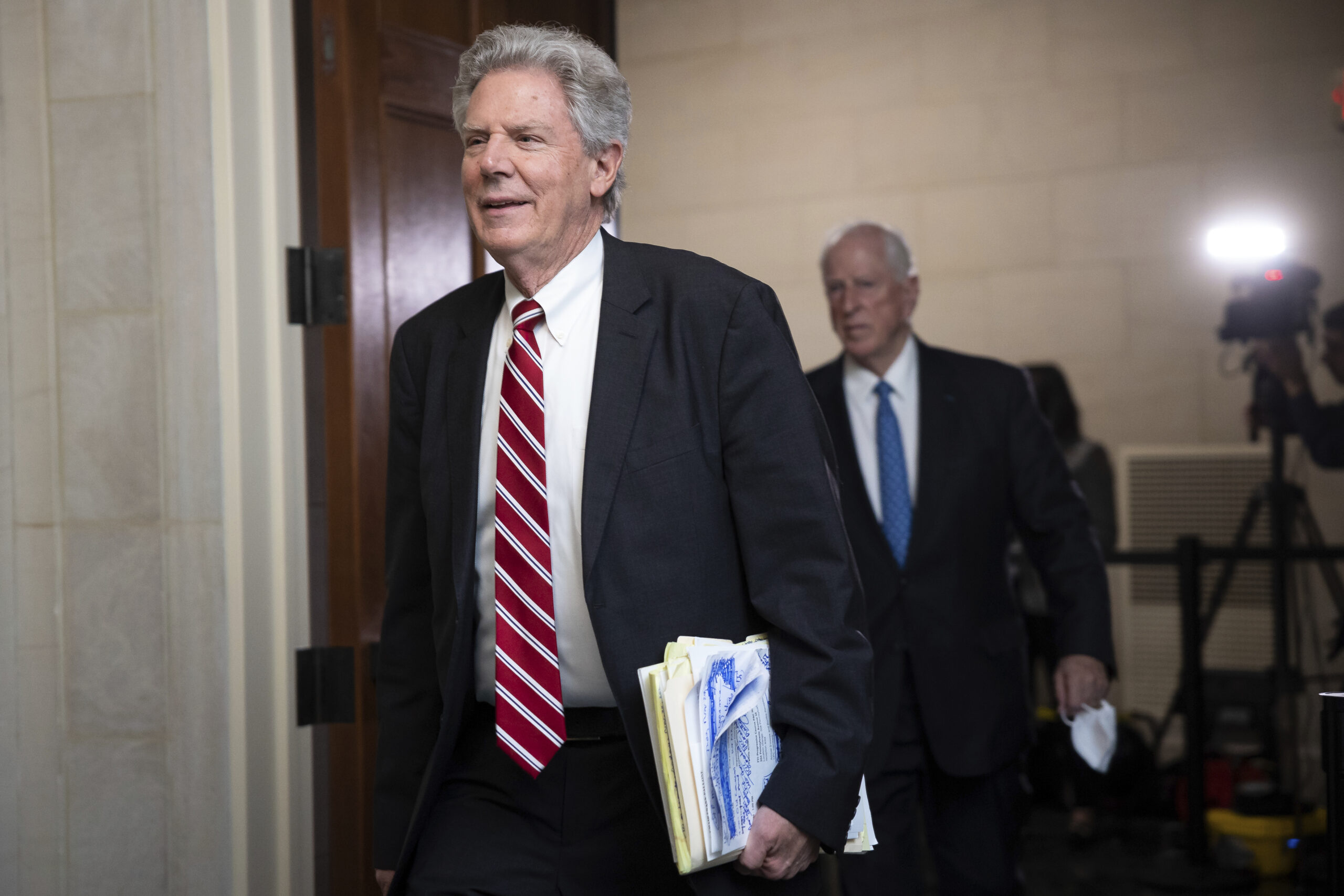
Rep. Frank Pallone wants FDA and NIH to act on pharma's noncompliance with trial records law
Frank Pallone, ranking member of the House Energy & Commerce Committee, criticized the FDA and NIH today for not doing enough to prevent pharma companies from failing to report certain clinical trial results to the government database, ClinicalTrials.gov.
Pointing to a recent study, Pallone said that while compliance with ClinicalTrials.gov reporting requirements “has slowly but steadily improved since 2007, significant gaps remain.”
Unlock this article instantly by becoming a free subscriber.
You’ll get access to free articles each month, plus you can customize what newsletters get delivered to your inbox each week, including breaking news.